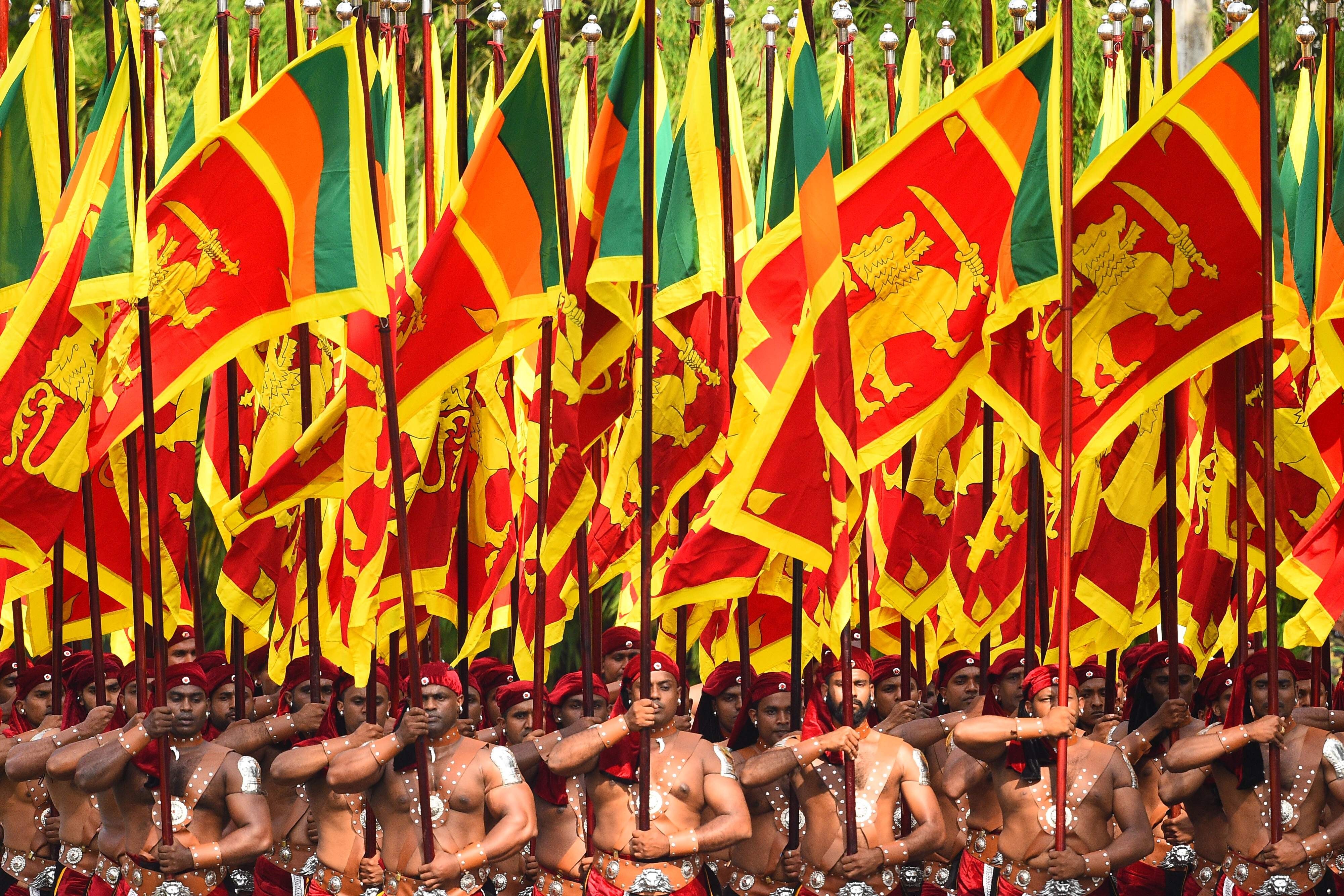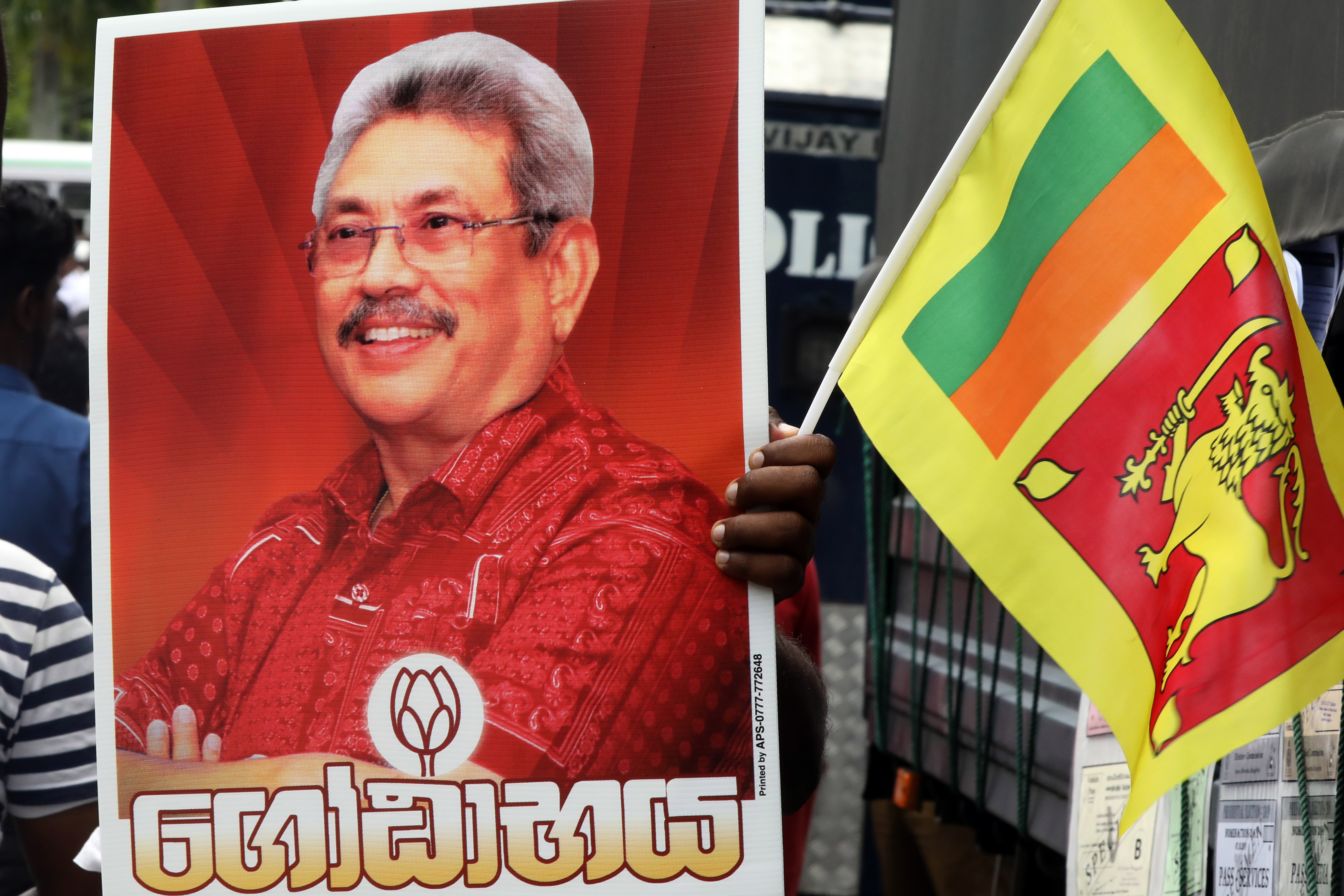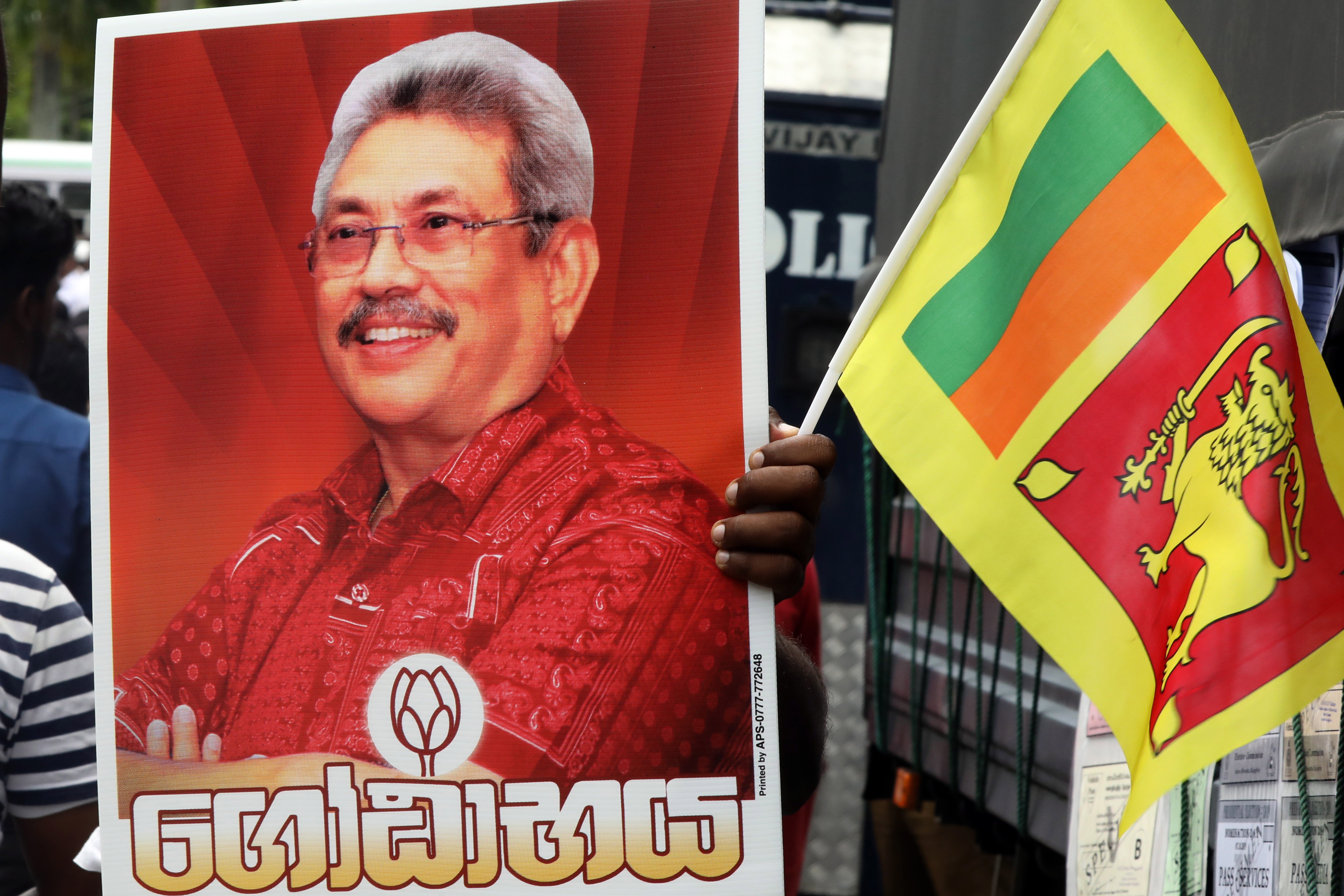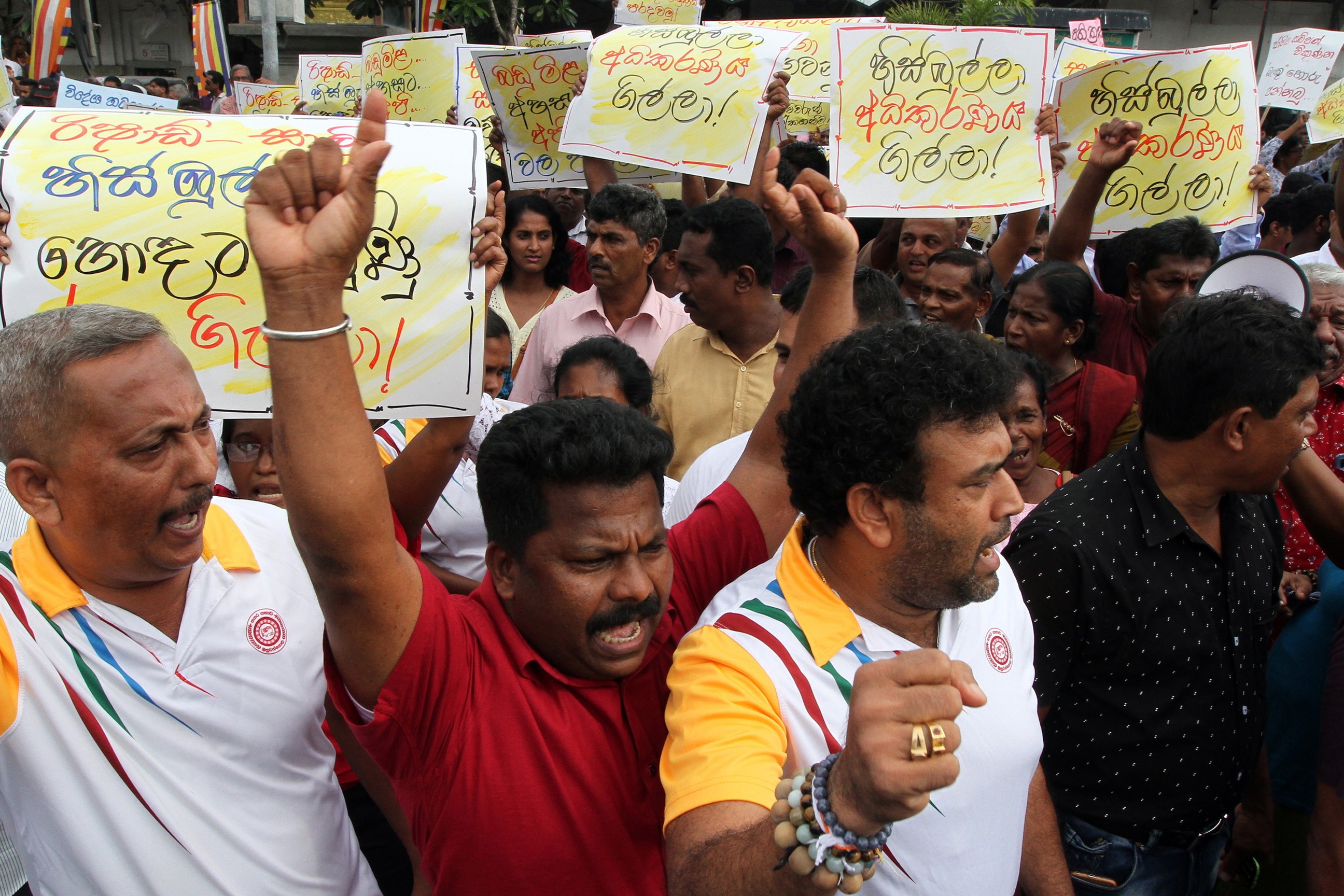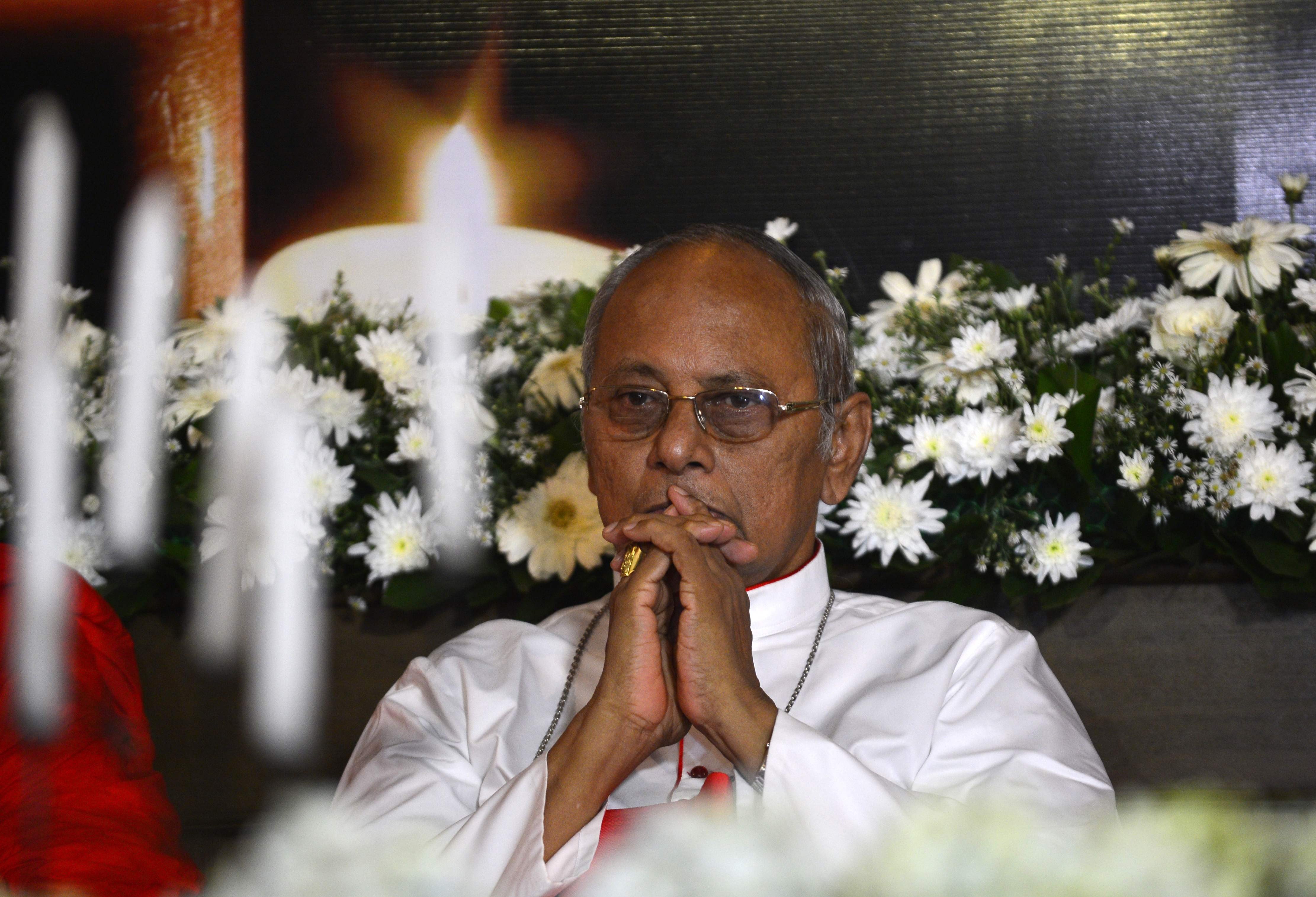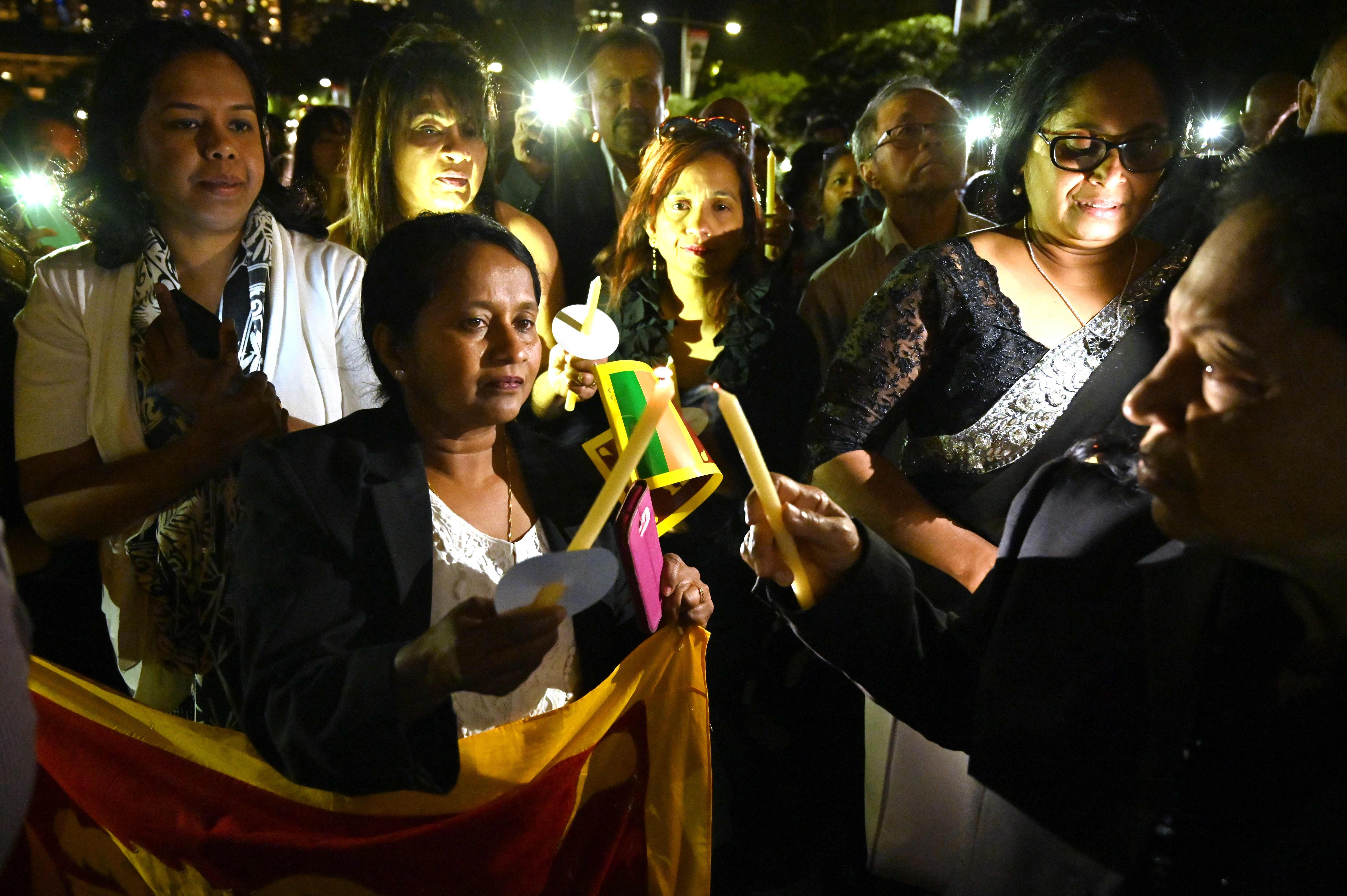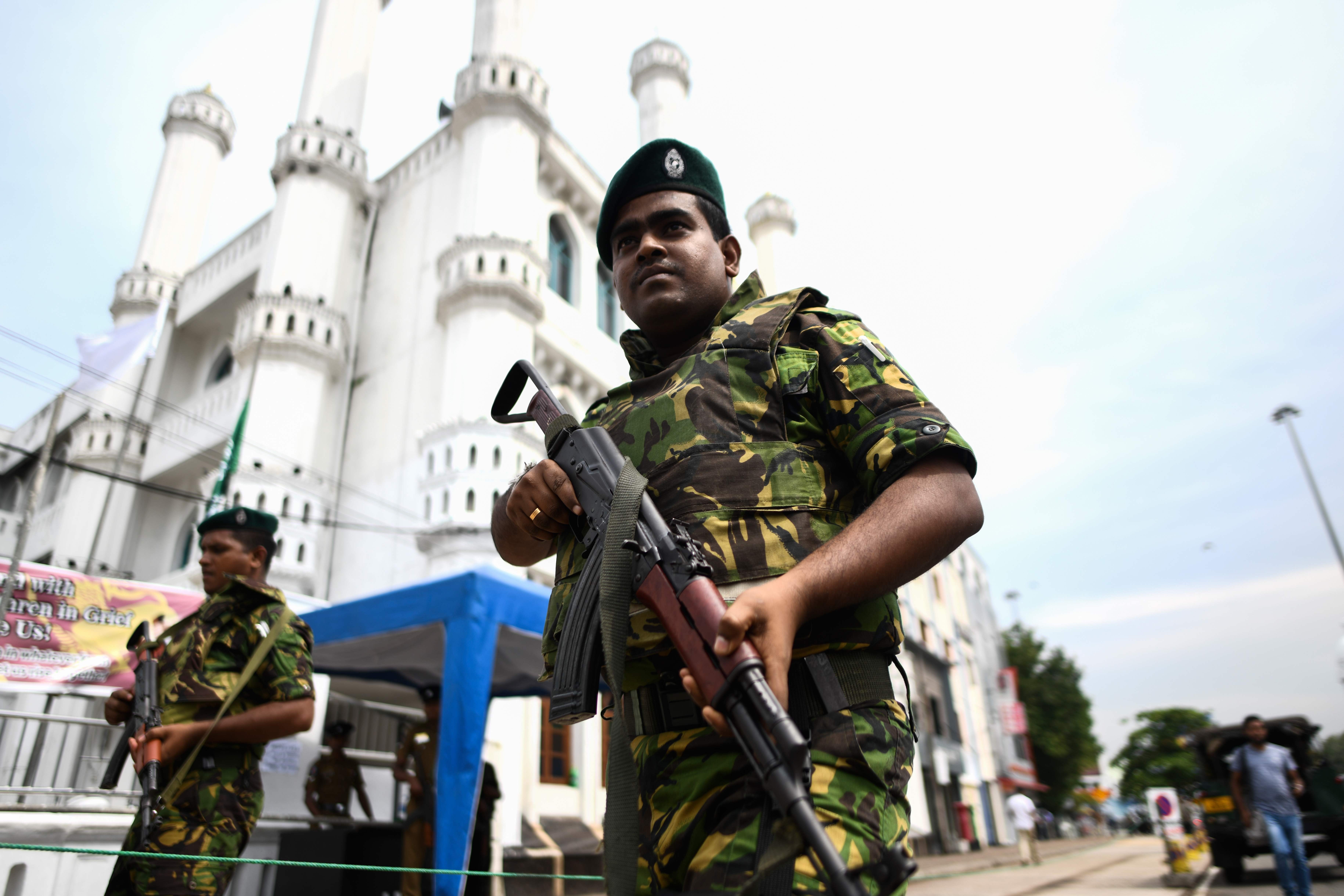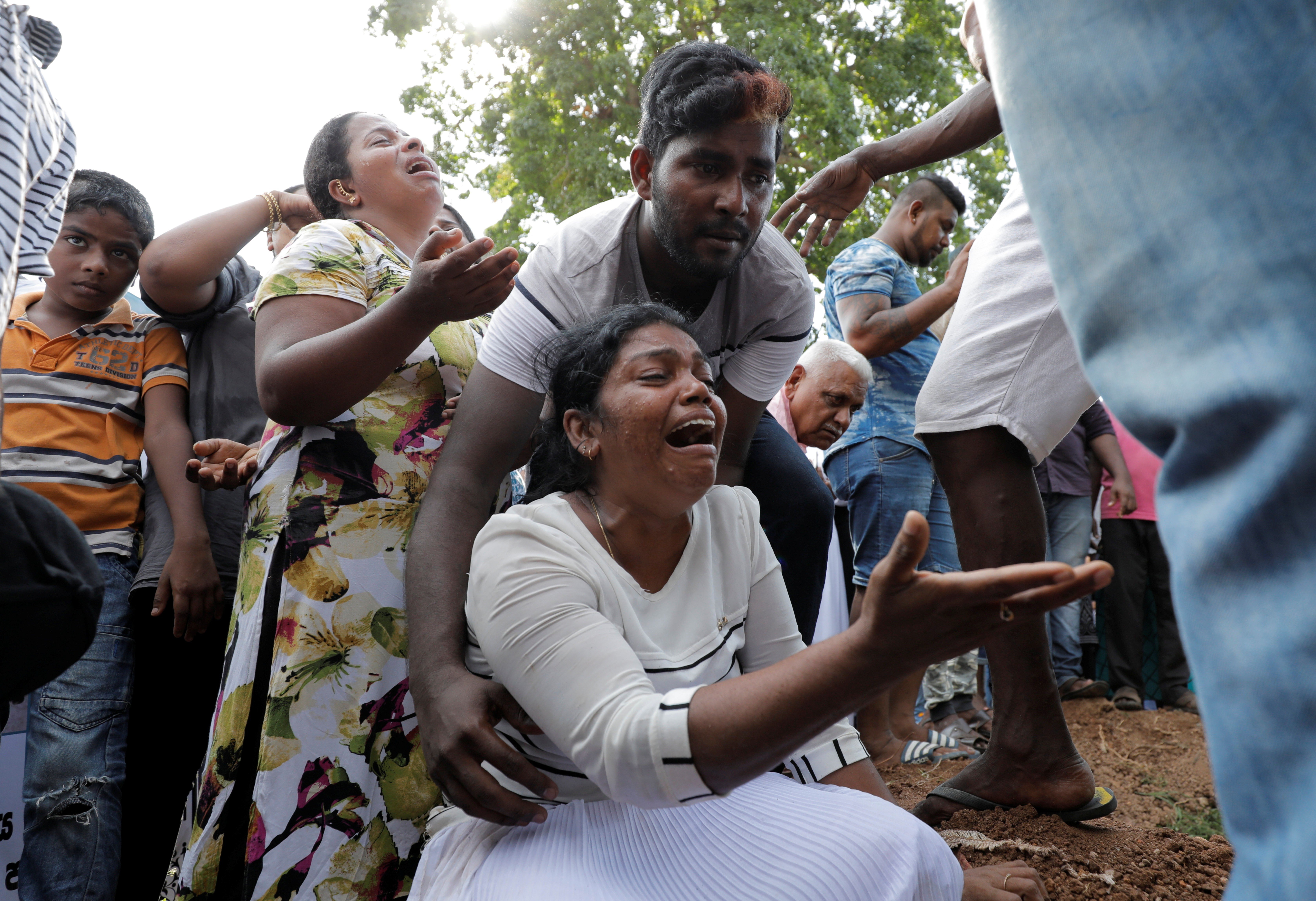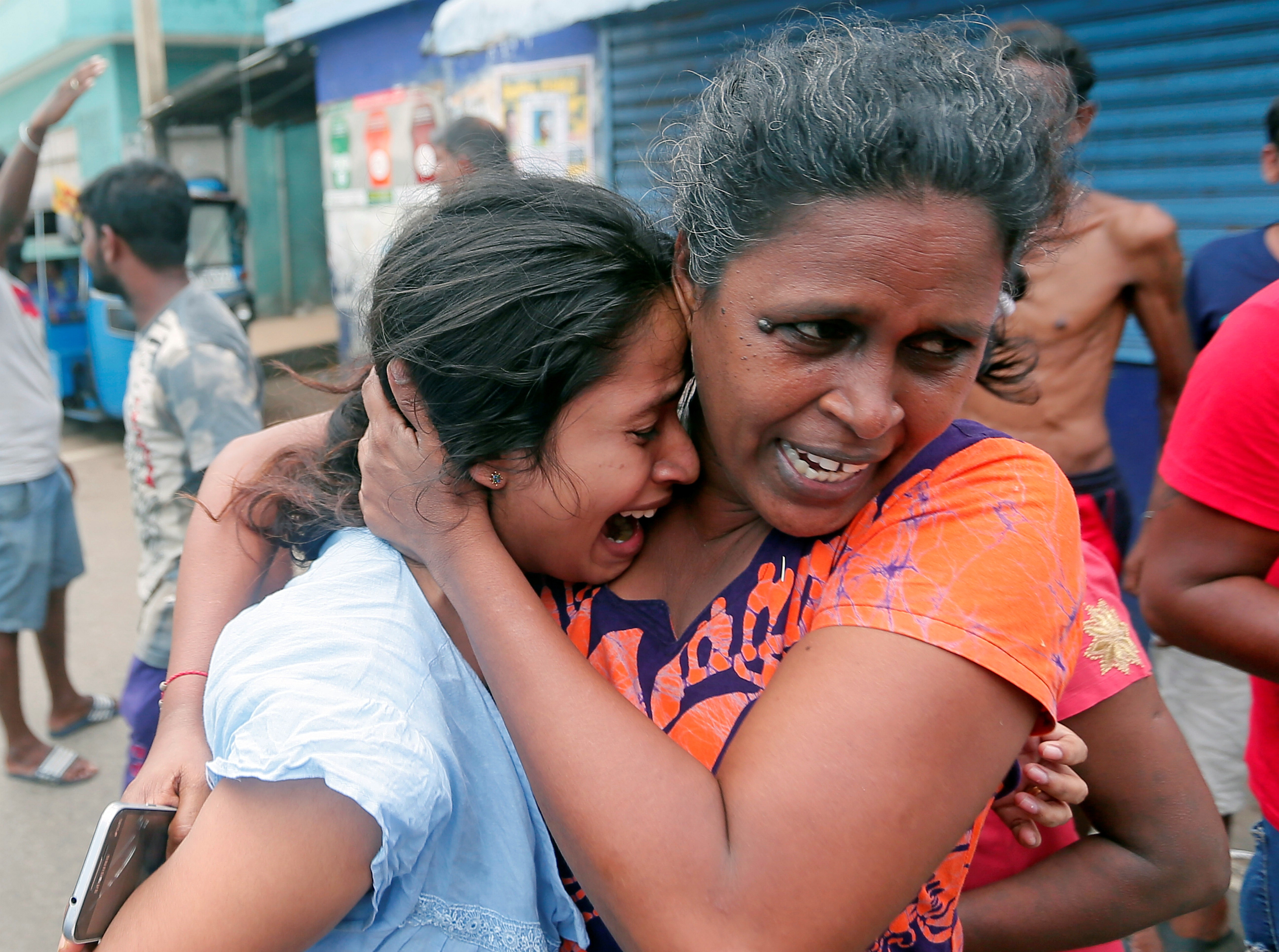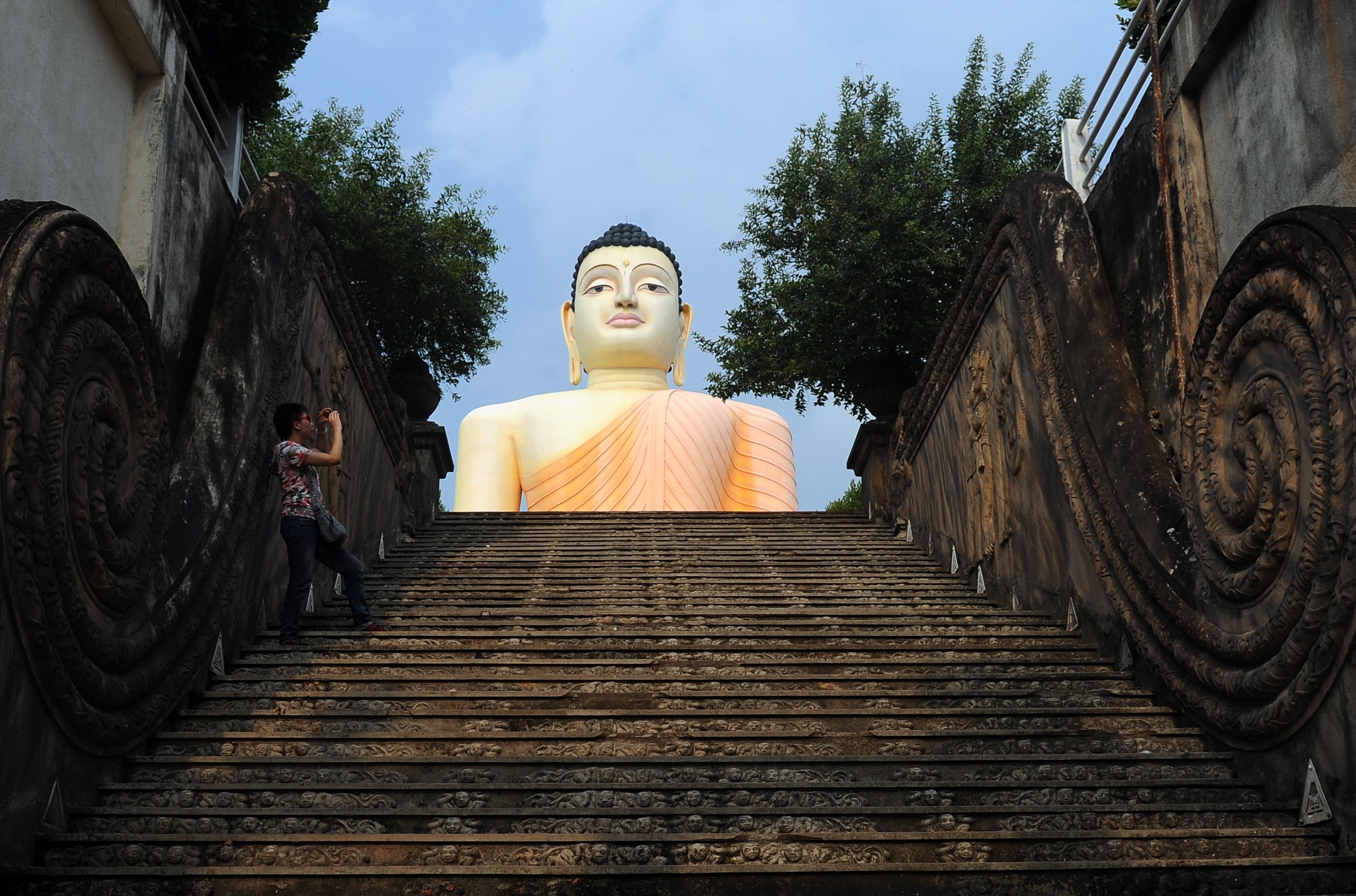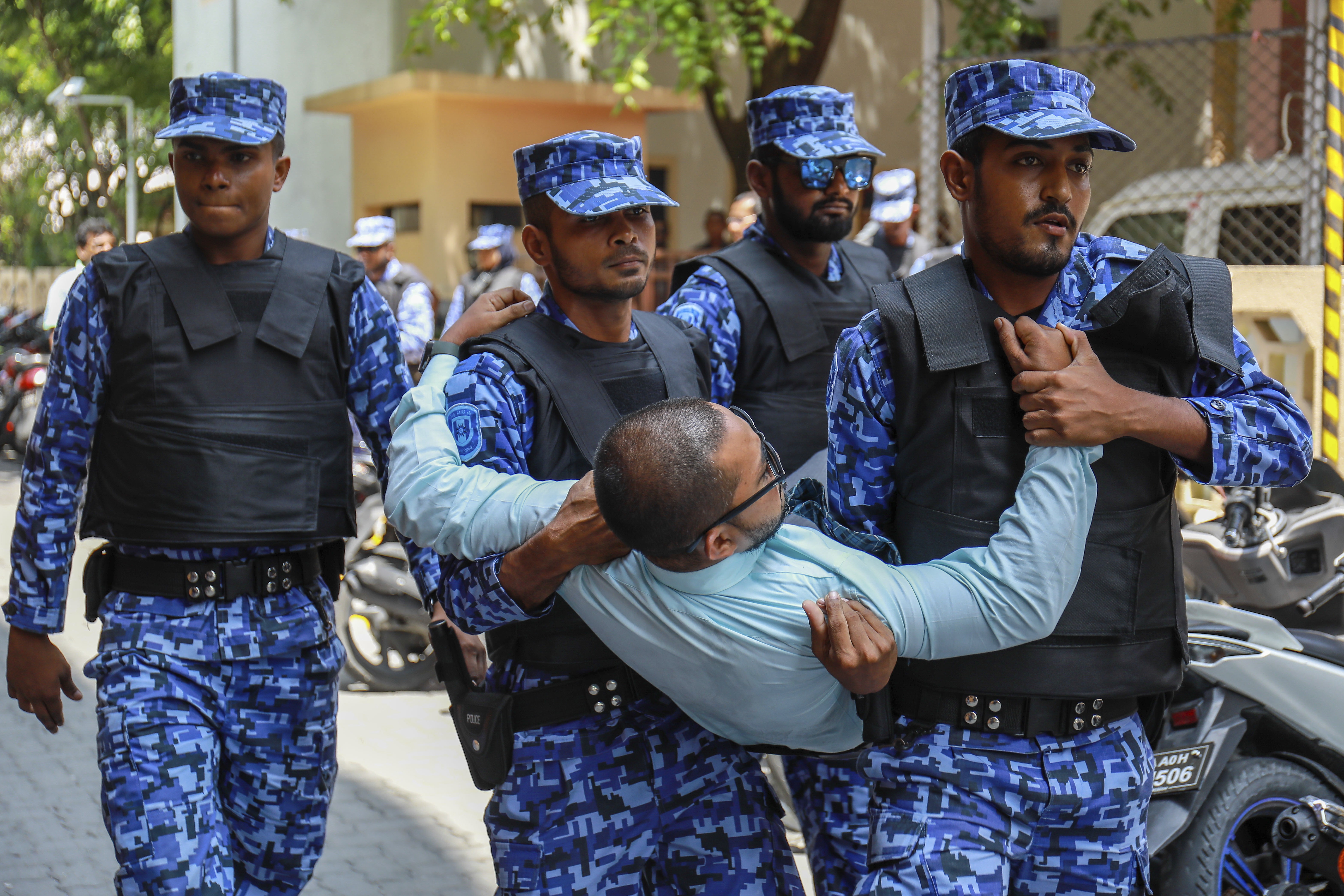Advertisement
Advertisement

Rajpal Abeynayake
Rajpal Abeynayake is a Colombo-based editor, attorney, and writer. He writes reports and commentaries about Sri Lanka's current affairs and his work has also appeared in the Nikkei Asian Review, The Straits Times, and The Australian.
Rajpal Abeynayake is a Colombo-based editor, attorney, and writer. He writes reports and commentaries about Sri Lanka's current affairs and his work has also appeared in the Nikkei Asian Review, The Straits Times, and The Australian.
New Delhi’s historical influence over Colombo looks to be waning in the face of increased investment from Beijing. Should the South Asian island nation pick a side?
In Sri Lanka’s election, an ex-military chief who crushed the Tamil Tigers will battle the son of an assassinated president who hopes to improve menstrual hygiene.
Four years ago, Sri Lanka turned away from the pro-China presidency of Rajapaksa and went in search of US gold. Now a new Rajapaksa is in town, could its gaze be turning back to China?
Muslim ministers have resigned so the government can probe whether any of them were involved in the Easter Sunday bombs that killed more than 200
Advertisement
